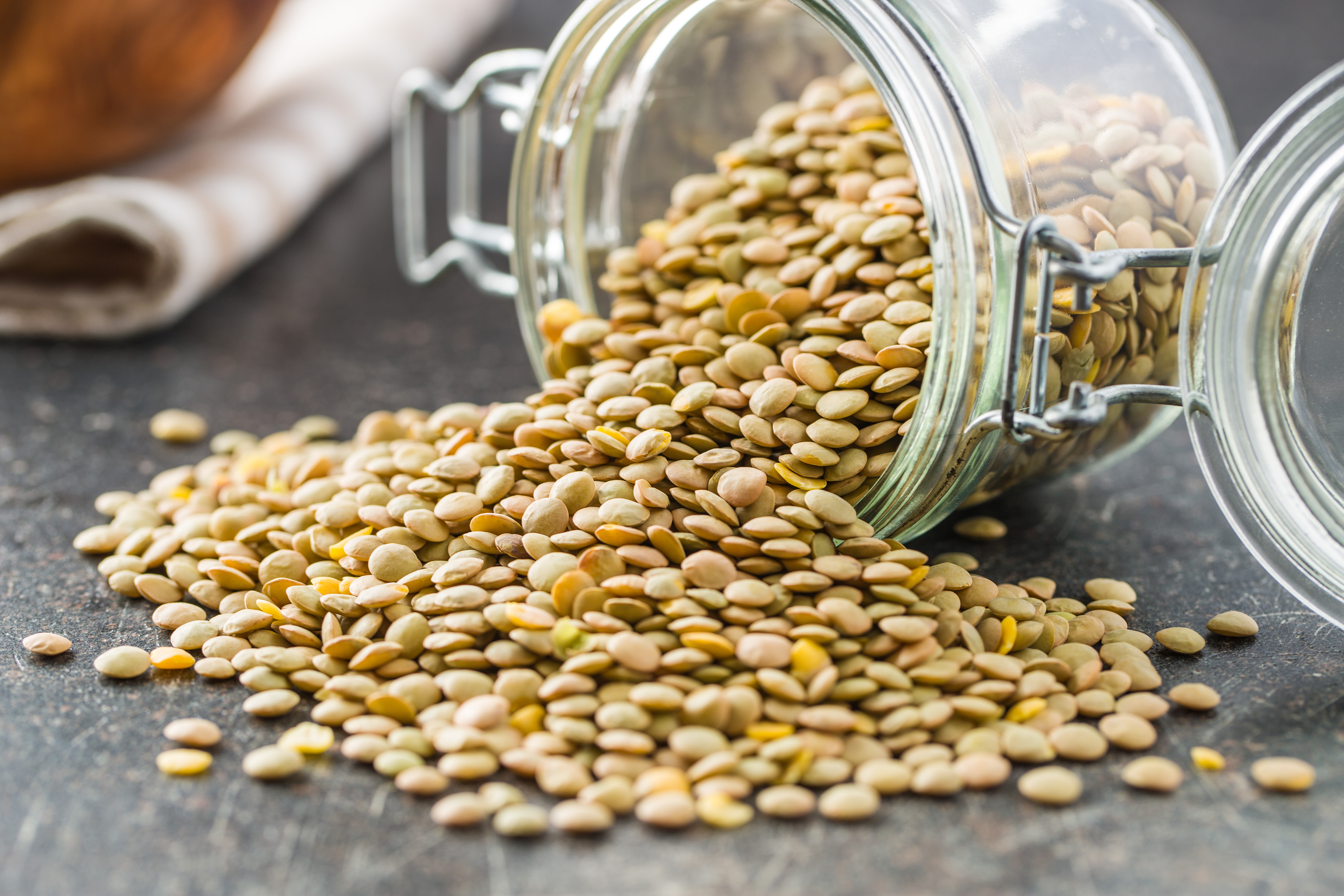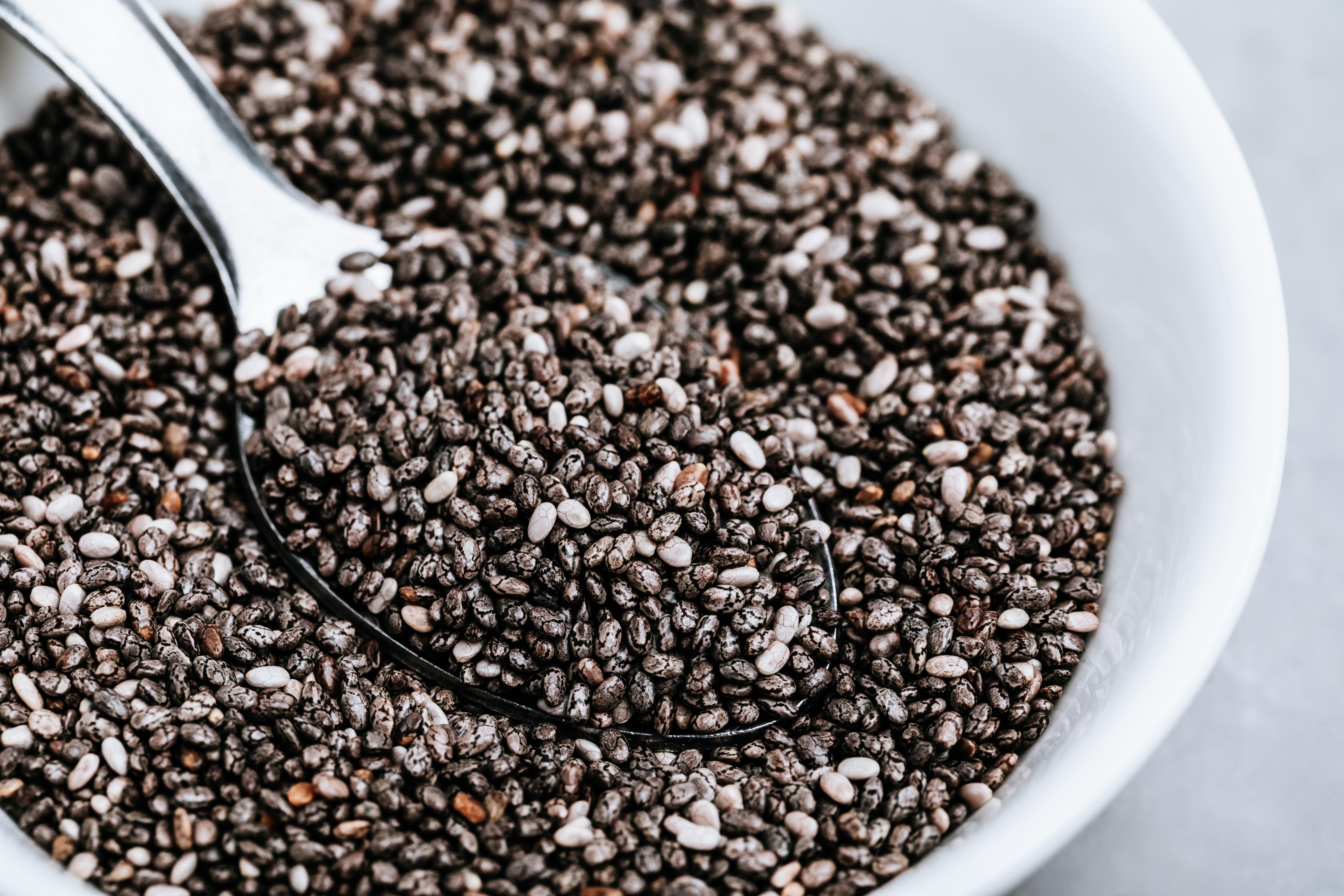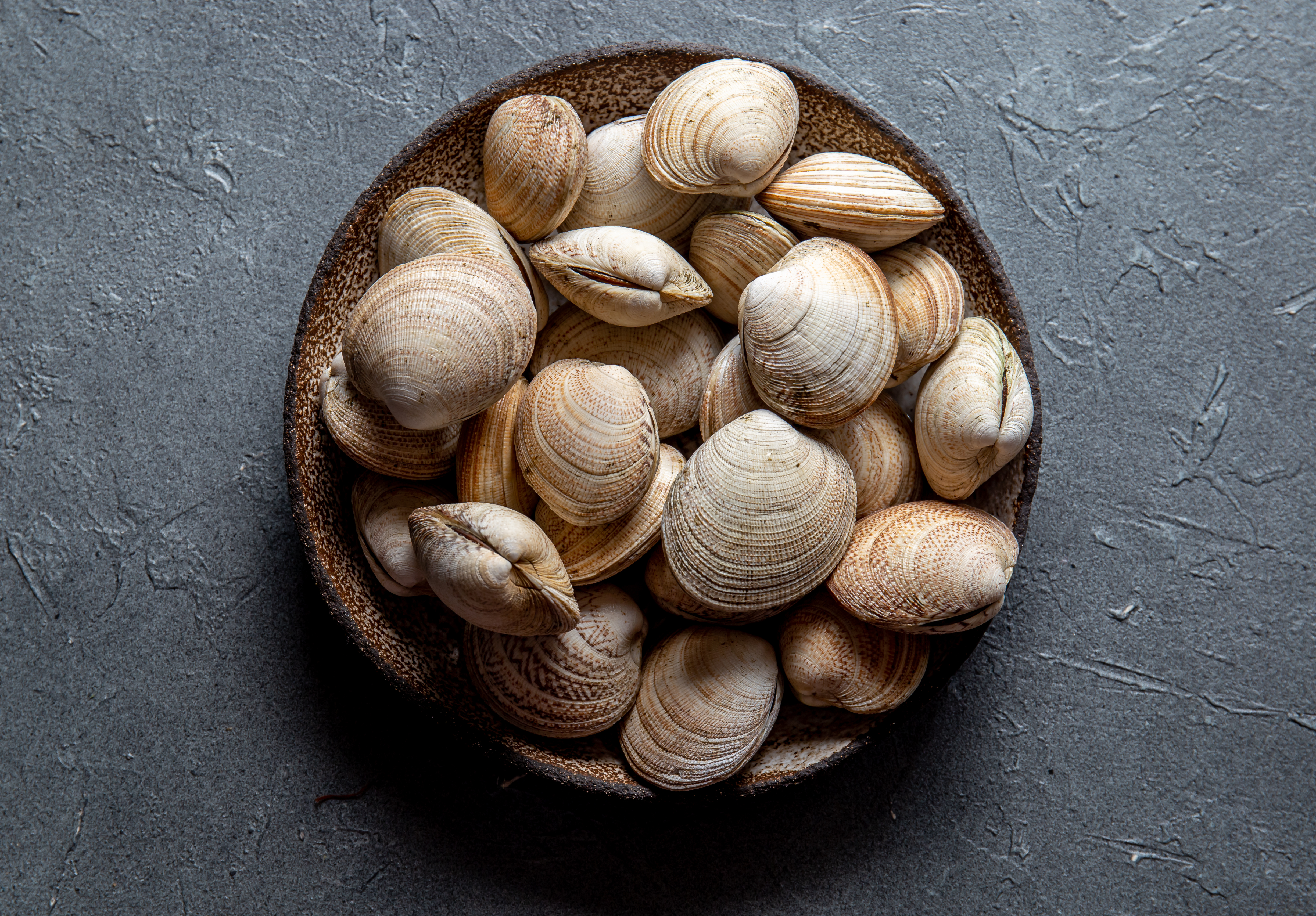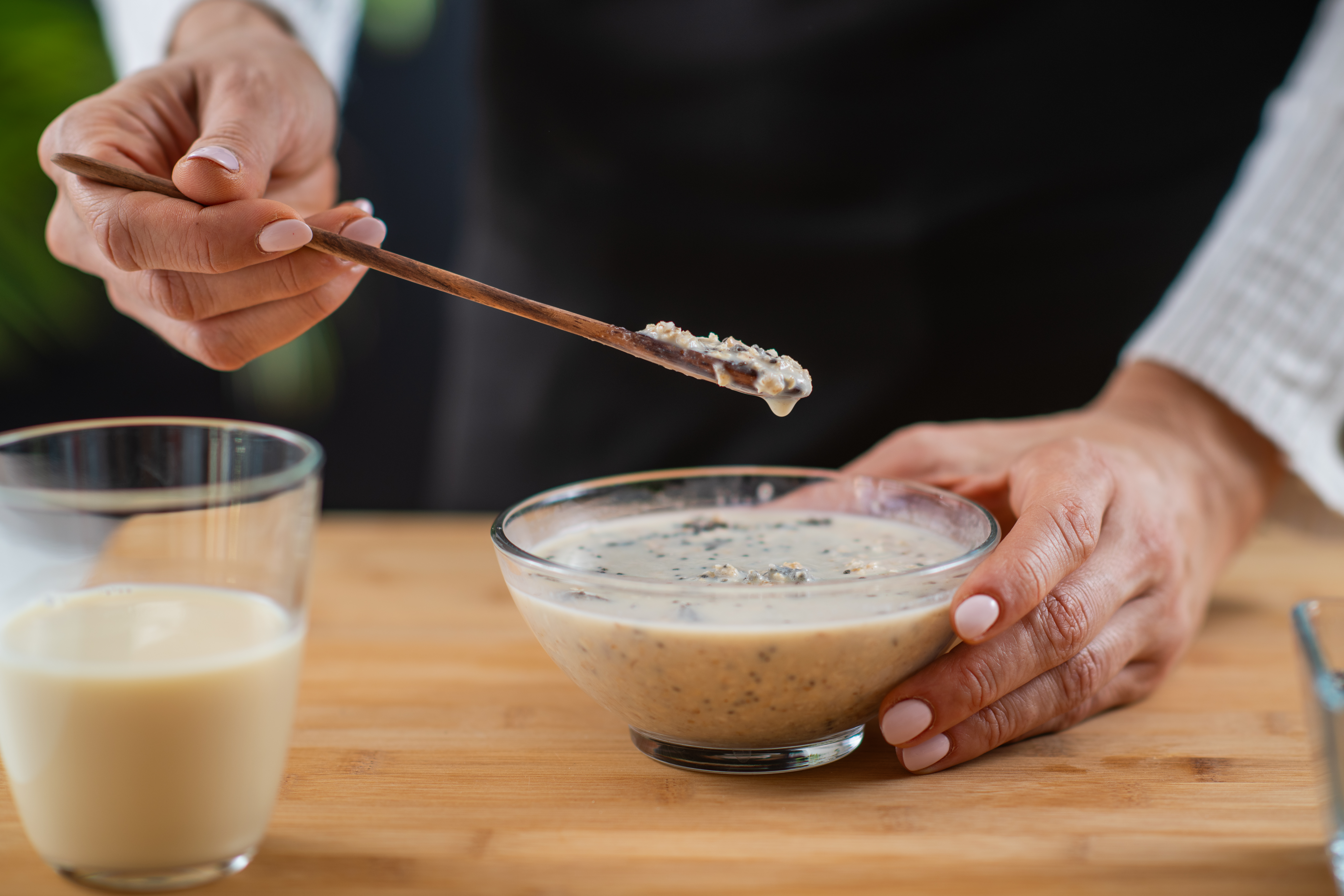Foods That Can Support Healthy Puberty (And Others That Might Disrupt It)
Puberty isn’t just a phase—it’s a biological transformation, and food is one of its most powerful accelerators or roadblocks. As hormones surge and growth takes off, the body demands more of everything: iron for new blood, protein for muscle, calcium for bones, and healthy fats for brain wiring. But while some foods support this incredible process, others—think ultra-sweetened drinks, processed snacks, or skipped meals—can quietly disrupt it, throwing hormones off balance or draining energy reserves. That’s why we’ve expanded our list to the Top 15 Foods That Support a Smooth Puberty Journey—from iron-packed greens to omega-rich seeds and protein powerhouses. We’ll also flag a few popular habits and snack aisle traps that could do more harm than good. Because helping your child through puberty isn’t just about keeping up with their shoe size—it’s about feeding their growth, mood, and mind with intention, one bite at a time.
1. The Power of Protein: Building Blocks of Growth

Protein is an essential nutrient that serves as the building block for muscles, bones, and tissues, all of which are developing rapidly during puberty. Adolescents require higher protein intake to support this growth spurt and to maintain energy levels. Lean meats, poultry, fish, eggs, dairy products, legumes, and nuts are excellent sources of high-quality protein. Incorporating a variety of these foods into daily meals ensures that the body receives all the essential amino acids needed for optimal growth and repair. Additionally, protein plays a crucial role in enzyme and hormone production, further supporting the myriad of changes occurring during puberty.
2. Calcium and Vitamin D: The Dynamic Duo for Bone Health

As bones lengthen and strengthen during puberty, calcium and vitamin D become indispensable. Calcium is crucial for building strong bones and teeth, while vitamin D enhances calcium absorption. Together, they form a dynamic duo that fortifies the skeletal system. Dairy products like milk, cheese, and yogurt, as well as fortified plant-based alternatives, are excellent sources of calcium. Sunlight exposure and foods like fatty fish, egg yolks, and fortified cereals provide vitamin D. Ensuring adequate intake of these nutrients helps prevent future bone-related issues, such as osteoporosis, and supports overall skeletal health during this critical growth period.
3. Iron: Fueling the Growing Body

Iron is a vital mineral that supports increased blood volume and muscle mass, both of which surge during puberty. It is particularly important for young girls who begin menstruating and are at higher risk of iron deficiency. Iron-rich foods such as red meat, poultry, fish, lentils, beans, and fortified cereals can help meet the body's demands. Vitamin C-rich foods like citrus fruits, strawberries, and bell peppers can enhance iron absorption when consumed together. Adequate iron intake is crucial for preventing anemia, which can lead to fatigue, weakness, and impaired cognitive function, ensuring that young individuals maintain their energy and focus.
4. Omega-3 Fatty Acids: Brain Boosters

Omega-3 fatty acids are essential for brain development and cognitive function, making them critical during the adolescent years. These healthy fats, found in fatty fish like salmon and sardines, as well as in flaxseeds, chia seeds, and walnuts, support brain health and may improve mood and cognitive performance. During puberty, when emotional and psychological changes are prevalent, omega-3s can play a role in stabilizing mood and enhancing concentration. Including these fats in the diet can help young people manage stress and maintain mental clarity, aiding them in their academic and social endeavors.
5. Zinc: The Growth Catalyst

Zinc is a trace mineral that plays a pivotal role in growth, immune function, and wound healing. During puberty, when the body undergoes rapid growth and development, zinc becomes even more crucial. Foods rich in zinc include meat, shellfish, legumes, seeds, nuts, and whole grains. Adequate zinc intake supports the synthesis of proteins and DNA, critical for cell division and growth. It also strengthens the immune system, helping adolescents fend off illnesses. By ensuring sufficient zinc consumption, young individuals can support their body's developmental processes and maintain overall health during this transformative stage.
6. Fiber: The Digestive Ally

Fiber is an often-overlooked but essential component of a balanced diet, particularly during puberty. It aids in maintaining a healthy digestive system, preventing constipation, and promoting a feeling of fullness, which can help regulate appetite and support healthy weight management. Whole grains, fruits, vegetables, legumes, and nuts are excellent sources of dietary fiber. As adolescents experience changes in metabolism and appetite, incorporating fiber-rich foods into their diet can help stabilize blood sugar levels and provide sustained energy. This not only supports physical health but also contributes to mental well-being by preventing mood swings associated with erratic blood sugar levels.
7. Vitamin A: Vision and Immunity Booster

Vitamin A is crucial for maintaining healthy vision, skin, and immune function, all of which are undergoing development during puberty. This fat-soluble vitamin supports the growth of cells and tissues, making it essential for adolescents. Foods rich in vitamin A include carrots, sweet potatoes, spinach, kale, and liver. By ensuring adequate intake of vitamin A, young individuals can support their body's ability to fight infections and promote healthy skin, which is particularly important as they face common adolescent skin issues like acne. Moreover, vitamin A plays a role in vision health, supporting eye development during these formative years.
8. Magnesium: The Relaxation Mineral

Magnesium is often referred to as the "relaxation mineral" due to its role in muscle relaxation, nerve function, and mood regulation. During puberty, when stress and anxiety levels can be high, magnesium becomes an important nutrient for promoting calmness and relaxation. Sources of magnesium include leafy greens, nuts, seeds, whole grains, and dark chocolate. Ensuring adequate magnesium intake can help adolescents manage stress, improve sleep quality, and maintain a balanced mood. Additionally, magnesium supports bone health and energy production, making it a multifaceted nutrient that contributes to overall well-being during the tumultuous years of puberty.
9. Culinary Pitfalls: Sugar Overload

While nutrient-rich allies support growth, certain dietary habits can hinder development. Excessive sugar intake is one such pitfall. Sugary snacks and beverages can lead to weight gain, dental issues, and energy crashes. During puberty, when energy demands are high, relying on sugar-laden foods can result in erratic energy levels and mood swings. Encouraging healthier alternatives, such as fruits, yogurt, and whole-grain snacks, can help maintain steady energy and support overall health. Reducing sugar intake not only benefits physical health but also supports mental clarity and focus, essential for adolescents navigating academic and social challenges.
10. Processed Foods: The Hidden Dangers

Processed foods, often high in unhealthy fats, sodium, and additives, pose another culinary pitfall during puberty. These foods can contribute to weight gain, cardiovascular issues, and poor dietary habits. Adolescents are at a stage where lifelong eating patterns are established, making it crucial to limit processed food consumption. Encouraging whole, unprocessed foods such as fresh fruits, vegetables, lean proteins, and whole grains can promote healthier eating habits. By avoiding processed foods, young individuals can support their body's natural growth processes and reduce the risk of developing chronic health issues later in life.
11. Skipping Breakfast: A Silent Saboteur

Skipping breakfast might seem harmless—or even trendy—but for adolescents, it can disrupt energy levels, concentration, and hormonal balance. After a night of fasting, the body needs fuel to kickstart metabolism and support cognitive function. Without it, blood sugar dips can lead to irritability, brain fog, and overeating later in the day. Puberty demands consistent nourishment, and skipping breakfast leaves the body scrambling. Even a quick option—like eggs, fruit, or a smoothie—can make a big difference. Building a reliable morning routine sets the tone for balanced energy, better focus, and healthier eating patterns throughout the day.
12. Energy Drinks: Hype with a Hidden Cost

Energy drinks promise alertness and stamina—but for teens, they’re a hormonal hazard in disguise. Packed with caffeine, synthetic stimulants, and sugar, these drinks can spike adrenaline and blood sugar, only to cause crashes, anxiety, and poor sleep later. During puberty, when sleep and stress regulation are already fragile, energy drinks can disrupt natural rhythms and overload the nervous system. The result? Heightened mood swings, concentration issues, and even heart palpitations. Water, herbal teas, or smoothies offer sustained energy without the fallout. For growing bodies and minds, energy drinks are all buzz, no benefit.
13. Salty Packaged Snacks: Sneaky Hormone Disruptors

Chips, instant noodles, and processed savory snacks are often loaded with sodium, preservatives, and artificial flavorings that strain the body’s hormonal systems. High salt intake can lead to dehydration, bloating, and blood pressure concerns—even in teens. But the bigger issue? These snacks often crowd out more nutrient-dense options. During puberty, when hydration, circulation, and cellular repair are key, salty ultra-processed foods can slow progress and trigger cravings for even more junk. Swapping in roasted nuts, air-popped popcorn, or homemade snacks can satisfy without sabotaging growth and hormonal health.
14. Excess Dairy from Flavored Milks & Processed Cheese

While dairy is a great source of calcium, not all dairy is created equal. Flavored milks and processed cheeses are often packed with added sugars, artificial coloring, and low-quality fats that undermine their nutritional value. For teens prone to acne, these additives may worsen skin issues. Plus, over-reliance on processed dairy can displace more balanced sources of protein or healthy fats. Opt instead for plain yogurt, hard cheeses in moderation, or fortified plant-based alternatives. Puberty is a time for clean, functional fuel—flavored milkshakes and neon-orange slices aren’t doing any favors.
15. Mindless Snacking During Screen Time

Snacking in front of a screen—TV, gaming, or scrolling—can lead to overeating, poor digestion, and disconnection from hunger cues. During puberty, when metabolism and mood are closely linked to food patterns, this habit can quickly spiral into late-night cravings, skipped meals, or chronic bloating. Distracted eating also dulls the brain’s ability to recognize fullness, leading to a cycle of emotional or unconscious eating. Encourage mindful meals away from screens and create tech-free snack breaks with whole foods. The goal isn’t restriction—it’s awareness. A focused eater is a healthier, more self-tuned adolescent.
Feed the Change, Shape the Future

Puberty is one of the most powerful transformations the body will ever undergo—and food is its fuel, its guide, and sometimes, its biggest obstacle. Every bite can either support that growth or quietly work against it. From iron-rich greens and protein powerhouses to the hidden dangers of sugary drinks and processed snacks, what’s on the plate shapes not just a teen’s body, but their mood, focus, and lifelong habits. These 15 foods and fixes aren’t about perfection—they’re about intention. Choosing real, nourishing fuel over empty fillers helps ease the bumps of adolescence and sets the stage for long-term health. So whether you’re packing a lunchbox, planning dinner, or talking snacks during study breaks, remember this: you’re not just feeding hunger—you’re feeding hormones, confidence, and resilience. With the right support, your teen doesn’t just get through puberty—they grow into it, stronger and more balanced, one bite at a time.